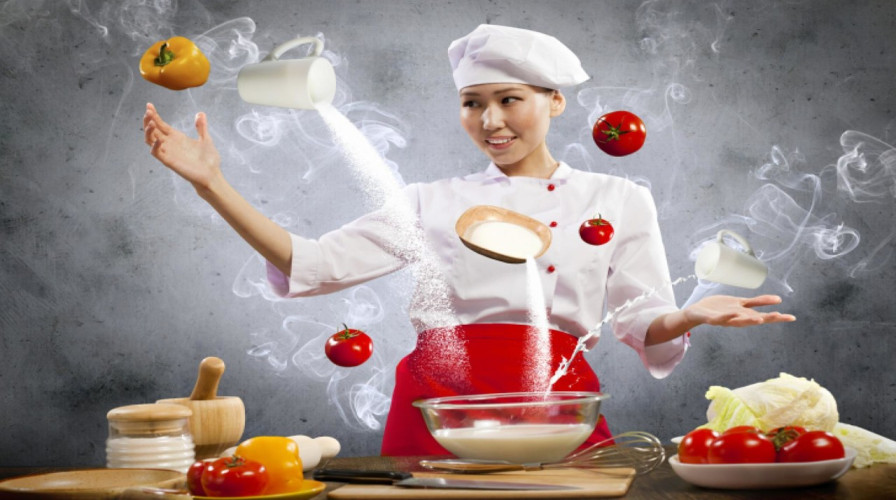Cooking at home can be a deeply rewarding experience, allowing you to control ingredients, flavors, and portions while exploring your creativity in the kitchen. Whether you’re a beginner or an experienced cook looking to refine your skills, these tips will help you elevate your home cooking game and make meal preparation more enjoyable and efficient.
- Organize Your Kitchen
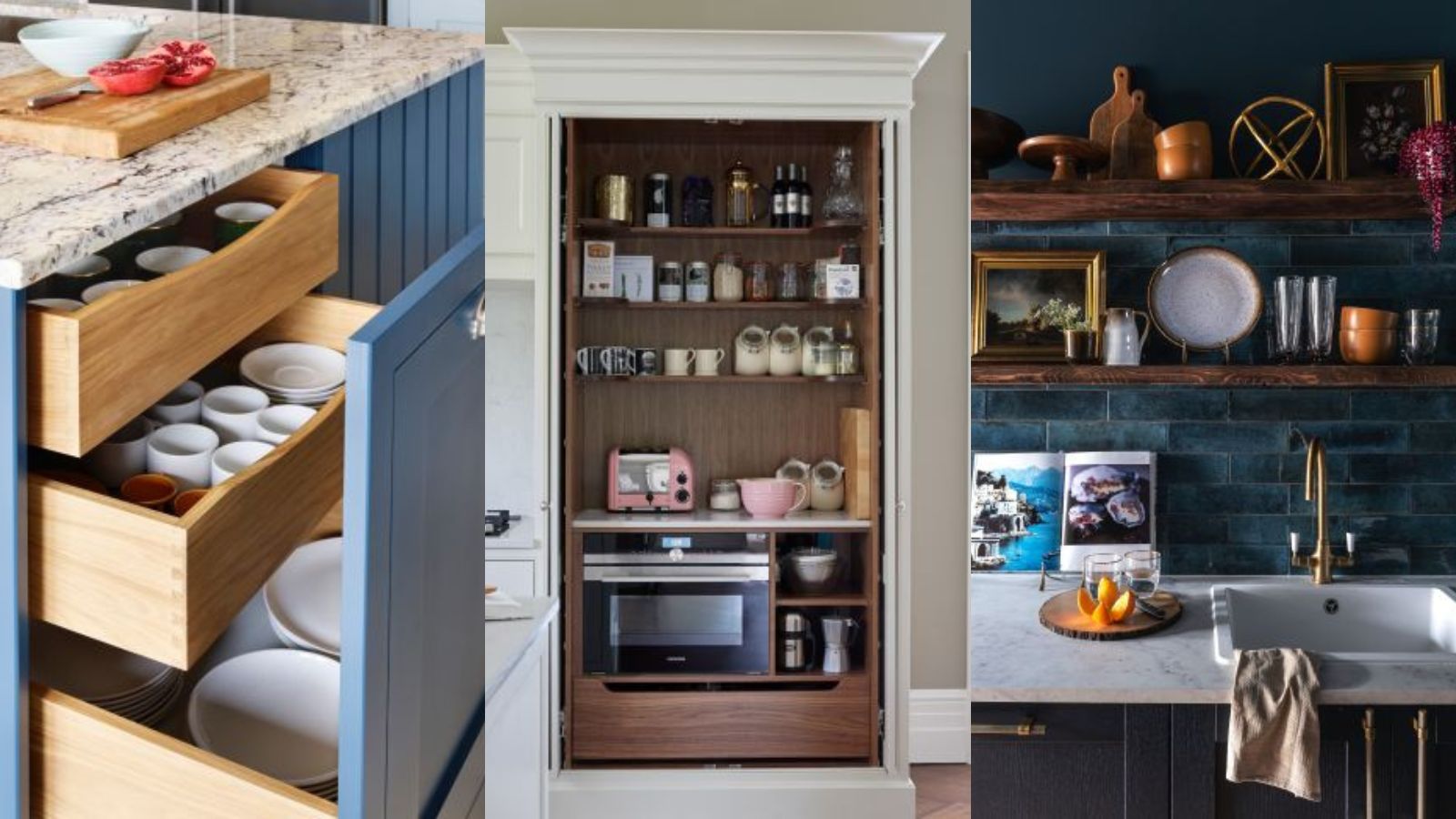
A well-organized kitchen is the foundation of efficient cooking. Arrange your tools and ingredients in a way that makes them easily accessible:
- Declutter: Remove unnecessary items from your countertops to create a clean workspace.
- Categorize: Group similar items together, such as baking supplies, spices, and cooking utensils.
- Accessibility: Keep frequently used items within arm’s reach, and store less commonly used tools and ingredients in higher or lower cabinets.
- Invest in Quality Tools
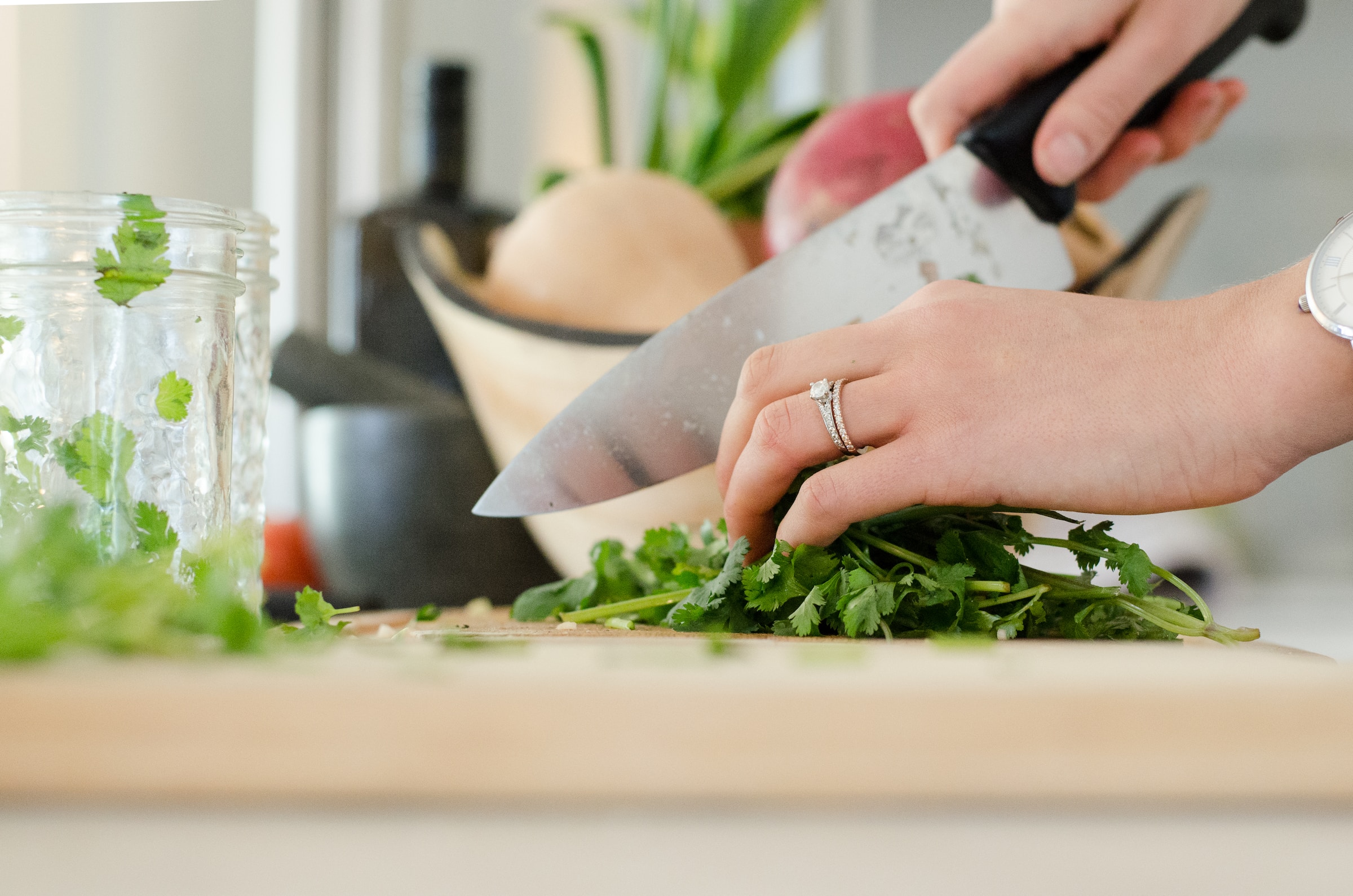
- Having the right tools can make a significant difference in your cooking experience. Consider investing in these essential items:
- Sharp Knives: A good set of sharp knives can improve your chopping efficiency and precision.
- Cutting Boards: Use separate cutting boards for raw meats, vegetables, and fruits to prevent cross-contamination.
- Heavy-Duty Cookware: Invest in quality pots and pans that distribute heat evenly and last longer.
- Master Basic Techniques
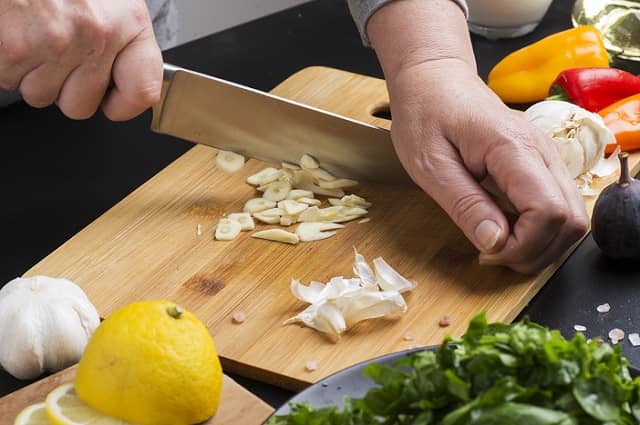
- Understanding basic cooking techniques will give you the confidence to tackle a variety of recipes. Focus on mastering these fundamentals:
- Knife Skills: Learn how to properly chop, dice, and julienne vegetables to speed up your prep work.
- Sautéing: Perfect the art of sautéing to achieve evenly cooked and flavorful dishes.
- Seasoning: Experiment with salt, pepper, and herbs to enhance the natural flavors of your ingredients.
- Plan Your Meals
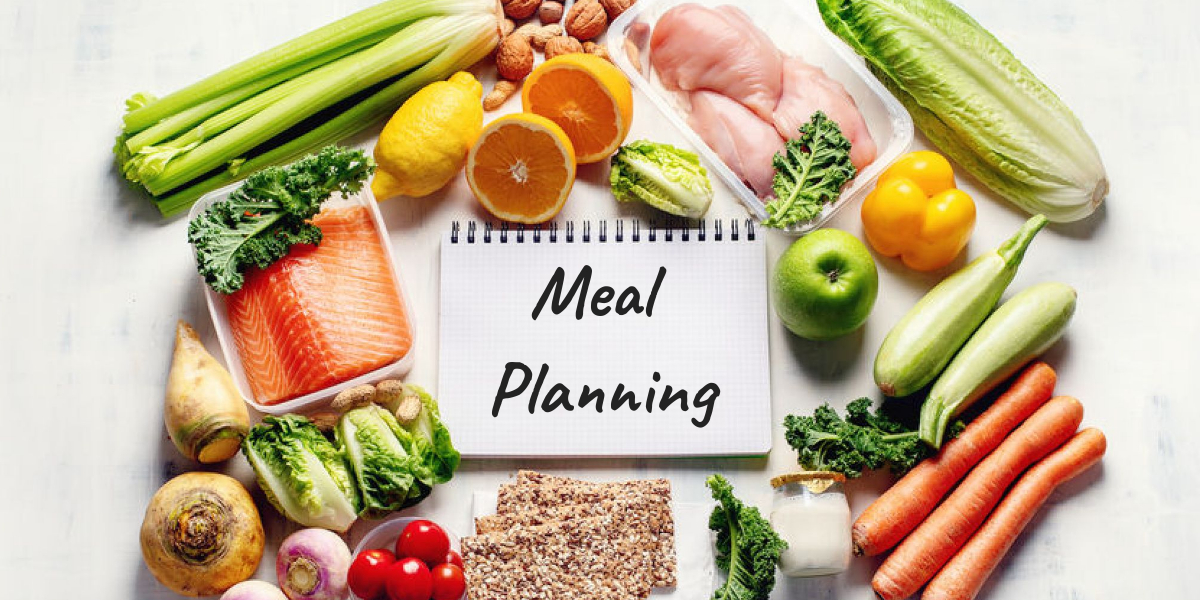
Meal planning can save you time and reduce stress during the week. Here’s how to get started:
- Weekly Planning: Plan your meals for the week, taking into account your schedule and dietary preferences.
- Grocery List: Create a detailed grocery list to ensure you have all the necessary ingredients on hand.
- Prep Ahead: Prepare ingredients in advance, such as chopping vegetables or marinating meats, to streamline your cooking process.
- Embrace Batch Cooking
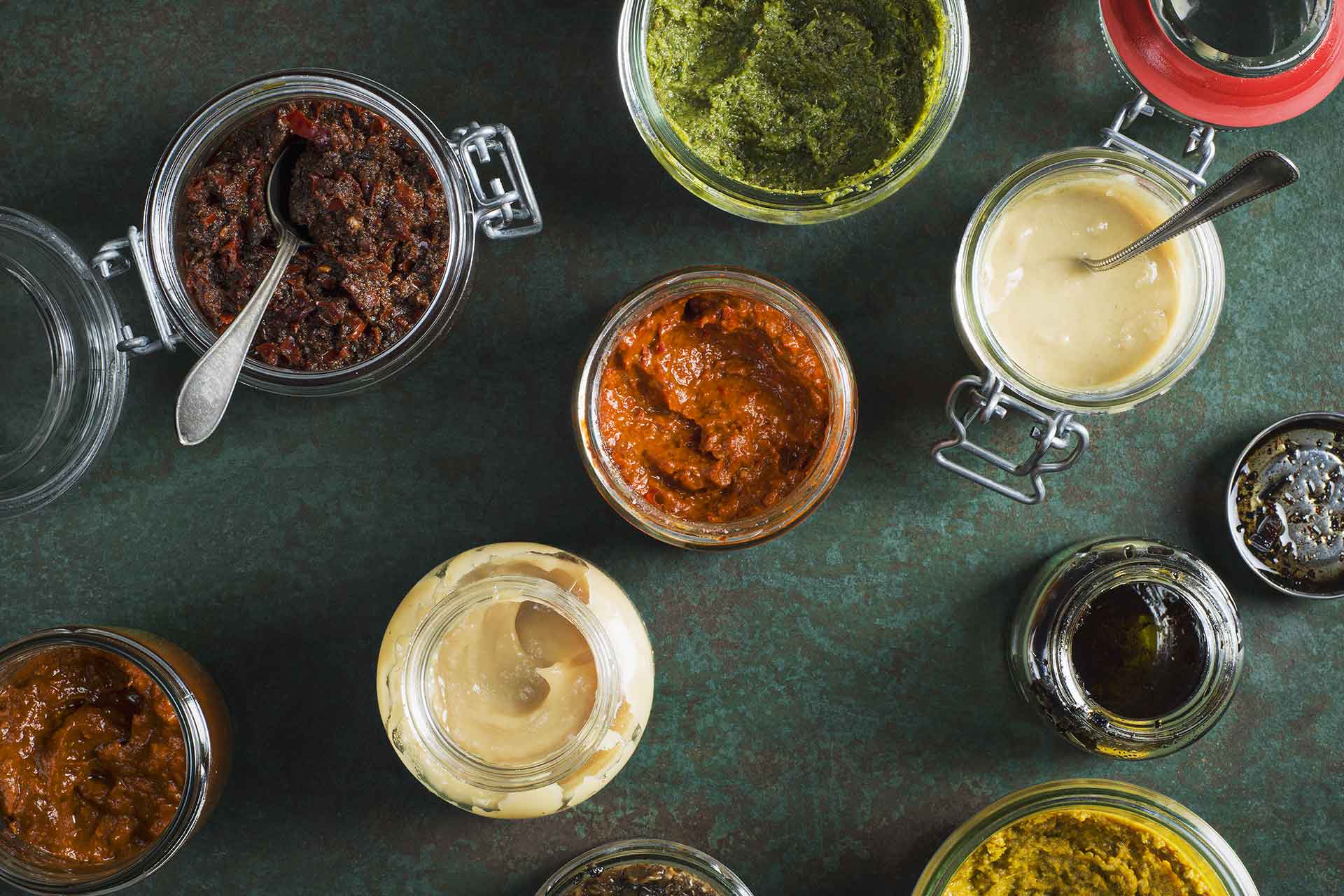
Batch cooking is an efficient way to prepare meals in advance and reduce daily cooking time. Here are some strategies:
- Double Recipes: Cook double portions of your favorite recipes and freeze half for later use.
- Versatile Ingredients: Prepare large quantities of versatile ingredients, such as grains or roasted vegetables, and use them in multiple dishes throughout the week.
- Storage Solutions: Invest in high-quality containers to store your batch-cooked meals and keep them fresh.
- Explore New Recipes

- Trying new recipes can keep your home cooking exciting and help you discover new flavors and techniques:
- Cookbooks and Blogs: Explore cookbooks, food blogs, and recipe websites for inspiration and step-by-step instructions.
- Cooking Classes: Enroll in online or in-person cooking classes to learn new skills and recipes from professional chefs.
- Cultural Cuisine: Experiment with dishes from different cultures to broaden your culinary horizons and enjoy a variety of flavors.
- Practice Mise en Place
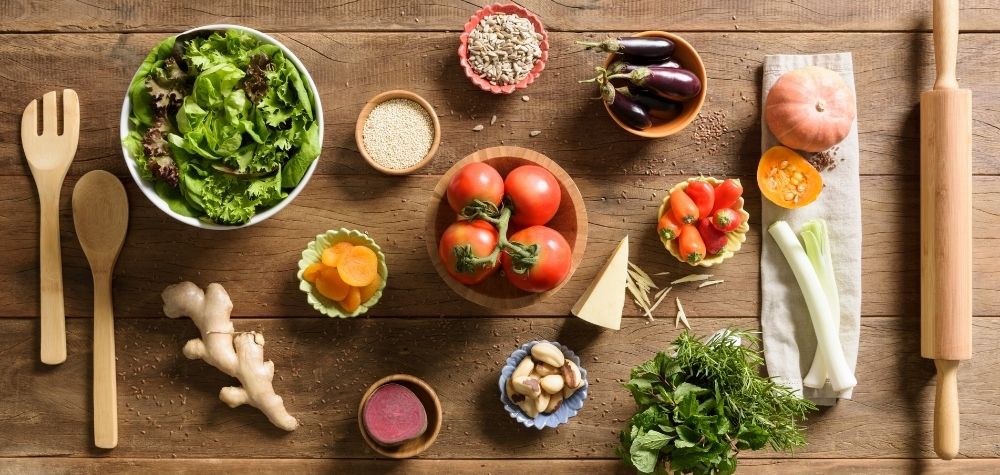
- “Mise en place” is a French culinary term that means “everything in its place.” Practicing this technique can make your cooking process more efficient and enjoyable:
- Pre-Measure Ingredients: Measure out all your ingredients before you start cooking to ensure you have everything you need.
- Prep Ingredients: Chop, slice, and prepare all ingredients in advance, so you can focus on cooking without interruptions.
- Organize Tools: Arrange your cooking tools and utensils within easy reach to streamline your workflow.
- Taste as You Go

- Tasting your food as you cook allows you to adjust flavors and seasonings to your preference:
- Season Gradually: Add seasonings gradually and taste frequently to achieve the perfect balance of flavors.
- Adjust Acidity: Balance flavors by adjusting acidity with ingredients like lemon juice, vinegar, or a pinch of sugar.
- Texture Matters: Consider the texture of your dish and make adjustments as needed, such as adding a splash of broth to thin a sauce or a sprinkle of breadcrumbs for crunch.
- Clean as You Cook

- Maintaining a clean kitchen while you cook can make the process more enjoyable and reduce post-cooking cleanup:
- Multitask Cleaning: Wash dishes and utensils as you use them to prevent a pile-up in the sink.
- Wipe Surfaces: Keep a damp cloth or sponge nearby to quickly wipe down countertops and spills.
- Organize Waste: Use a compost bin or trash bowl to collect food scraps and keep your workspace tidy.
- Have Fun and Experiment
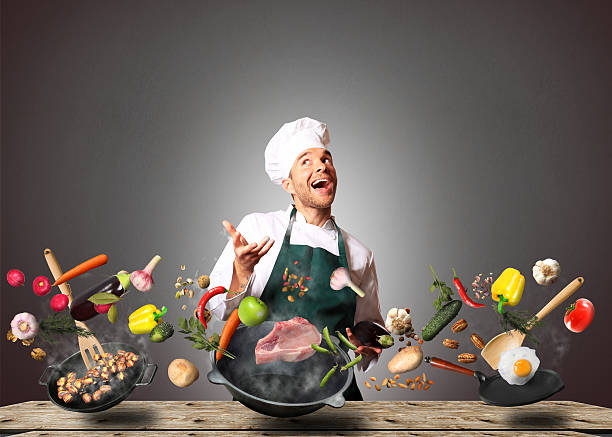
- Above all, cooking should be an enjoyable and creative process. Don’t be afraid to experiment with new ingredients, techniques, and flavors:
- Get Creative: Improvise with what you have on hand and don’t be afraid to make substitutions.
- Involve Others: Invite family or friends to join you in the kitchen for a fun and collaborative cooking experience.
- Enjoy the Process: Take pleasure in the act of cooking, and savor the satisfaction of creating delicious meals from scratch.
- By incorporating these tips into your home cooking routine, you’ll find yourself more organized, efficient, and confident in the kitchen.
- Happy cooking!

